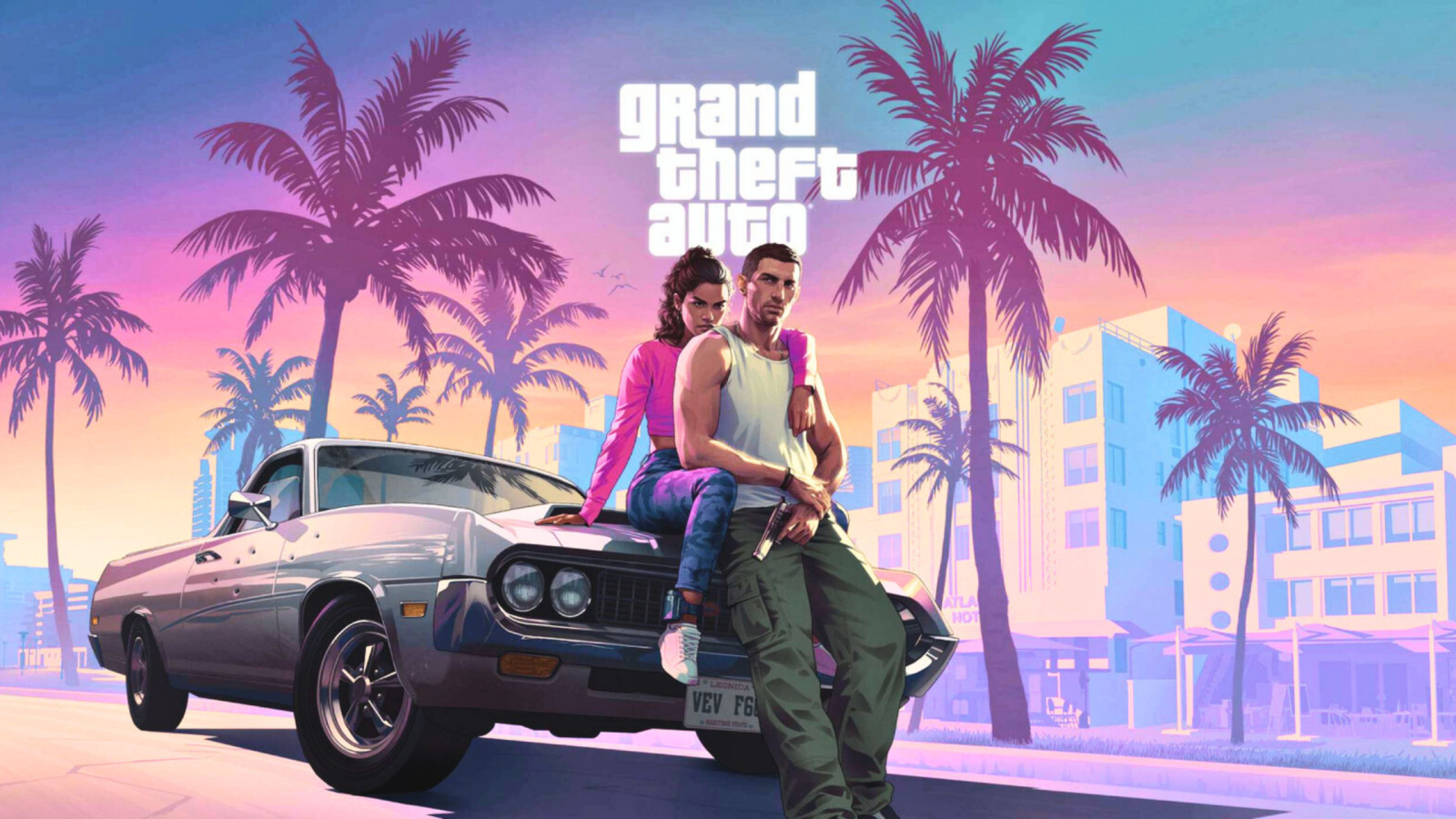More than hype: Why gamers cannot wait for GTA VI

Critically acclaimed, financially dominant, and still hyper-relevant more than a decade after its last release, the Grand Theft Auto (GTA) series sits at the summit of the video game industry. Given this sustained success, it is no surprise that anticipation is high for the next instalment in the series, Grand Theft Auto VI, which is scheduled for release in May 2026 – or possibly later.
In May 2025, GTA VI made headlines when Rockstar announced that the game would be delayed from its tentative Fall 2025 release date. Although delays are common in the gaming industry, the combination of high anticipation and the long gap since the previous release amplified the reaction.
Fans expressed their frustration across social media, many finding a silver lining of humour and sharing memes highlighting the numerous significant events that have occurred before the release of the next GTA. The stock price of Take-Two Interactive, Rockstar’s parent company, also experienced a brief dip as shareholders responded to the news (via Investing.com).
Even before the public reaction, Rockstar and Take-Two were already under significant pressure. After all, with great expectations comes the risk of falling short, and high initial anticipation does not always lead to long-term success. Take-Two quickly released a statement restating its commitment to the high quality of GTA VI. Although this may have done little to appease the most eager fans, the majority remain hopeful and excited for the eventual release.
This enthusiasm is particularly notable given GTA VI’s rumoured $100 price point (per Gaming Bible) – a figure that would likely discourage purchases for most other titles. However, publishers hoping to replicate Rockstar’s success and potential pricing strategy must recognise that it is not rooted in hype alone. Rather, it is the result of decades of iterative development and deep collaboration with its community.
A Rockstar mentality
Terms such as “platform” and “ecosystem” are applied liberally throughout the gaming industry, sometimes before game development has even started. Yet the Grand Theft Auto series is one of few that has truly evolved into those designations. It is crucial to note that the modern 3D era of GTA did not begin as a multiplayer, live service experience. It became one over time. The transformation was gradual, organic, and nurtured by a cooperative relationship with its community.
One of the most significant milestones in this evolution is GTA Online. While GTA had long been successful as a single-player experience, its online success is more recent. Before GTA IV, multiplayer experiences were only possible through unofficial, community created modifications. Although GTA IV introduced limited multiplayer features, they lacked the depth and polish of what would come later with GTA Online.
Featured Report
MIDiA Research 2026 predictions Change is the constant
Welcome to the 11th edition of MIDiA’s annual predictions report. The world has changed a lot since our inaugural 2016 edition. The core predictions in that report (video will eat the world, messaging apps will accelerate) are now foundational layers of today’s digital economy.
Find out more…When GTA V debuted, it was an immediate commercial and critical success, built around a robust single-player narrative set in a well realised, open world city. Two weeks later, GTA Online launched as a separate platform to support the kind of emergent, multiplayer gameplay that had long been popular in the modding scene. This version also featured continuous updates and curated content produced by a dedicated studio.
Rockstar’s willingness to embrace the modding community, at times even hiring modders or integrating fan-created content into official releases, has been instrumental in maintaining its cultural relevance and goodwill among gamers. YouTube creators and live streamers also played a key role by producing transformative content that brought in new players and kept veteran fans engaged. This collaborative ecosystem among developers, players, and content creators has allowed the GTA series to become far more than its original form.
Strong foundations
In contrast, many modern titles are launched with rigid, pre-planned content roadmaps that promise years of updates before players have even had a chance to explore the base game. Only a few titles, such as Baldur’s Gate 3, No Man’s Sky, and indie success stories like The Binding of Isaac, have demonstrated comparable post-launch evolution in concert with its community. These games, like GTA, highlight the value of organic, community-guided development in cultivating long-term engagement.
GTA Online developed naturally from the core experience of GTA V, along with features already proven to be popular with the community, the franchise has retained its identity despite ongoing innovation. The game continues to feel unmistakably like GTA – a rarity in an industry often driven by shifting trends and fleeting monetisation strategies.
Moreover, the continued presence of a strong modding community, sometimes supported by the publisher, helps extend the life of the game beyond its official development cycle. Players are confident that their time, creativity, and relationships within these gaming communities will not be lost as soon as publisher interest fades. This trust is a key reason why the fanbase remains willing to wait, and to pay a premium, without widespread backlash.
Hustle, loyalty, respect
The rumoured $100 launch price for GTA VI may represent a significant shift in industry pricing standards. It is likely to inspire other publishers to consider adopting a similar pricing model. However, attempting to charge a premium without establishing a comparable reputation could backfire, alienating consumers before they have even picked up the controller.
Not every game can or should attempt to replicate Rockstar’s approach. The takeaway for publishers is not to mimic Rockstar’s pricing, but rather to emulate its philosophy: build a compelling, high-quality core experience, then remain open to community-informed, iterative growth.
In an industry increasingly dominated by manufactured hype and monetisation-first design, the enduring success of Grand Theft Auto stands as a compelling counterexample – one that proves the power of patience, consistency, and meaningful collaboration.


The discussion around this post has not yet got started, be the first to add an opinion.